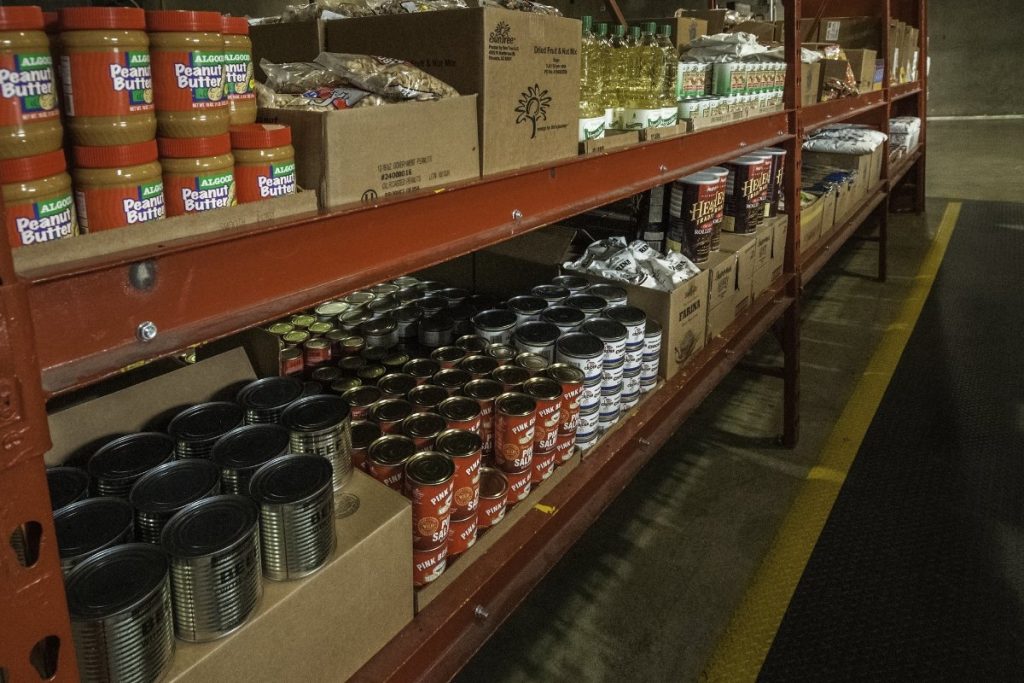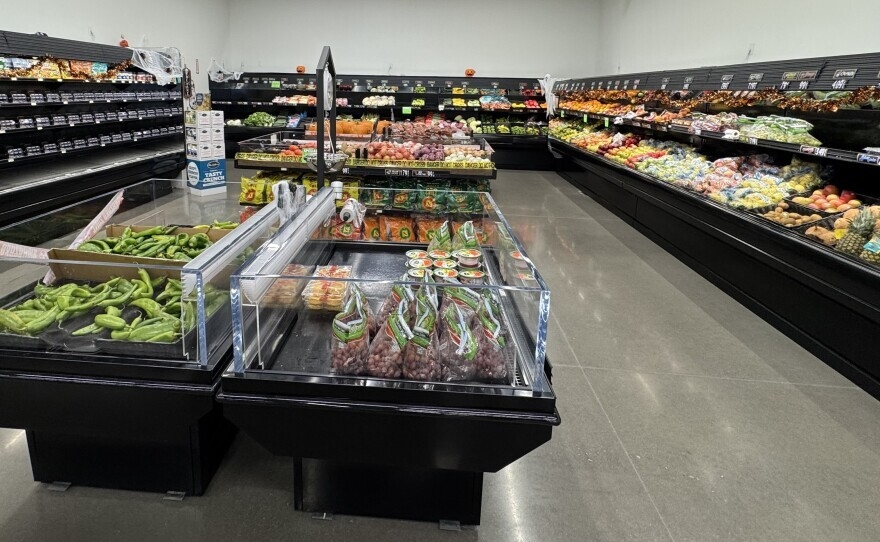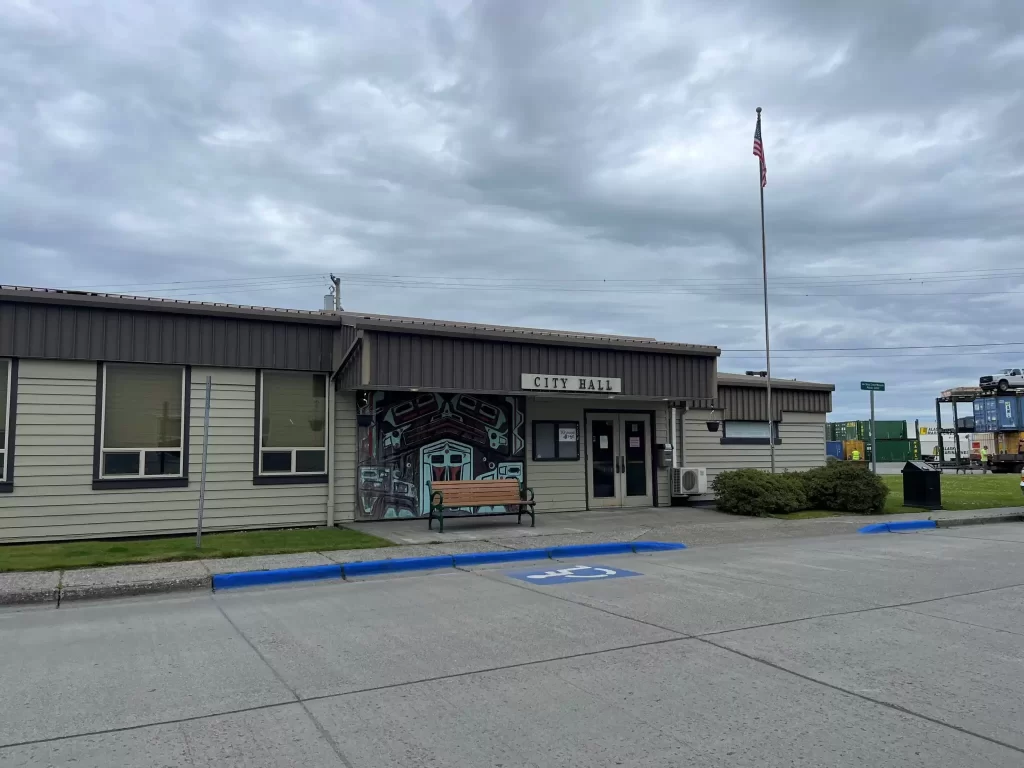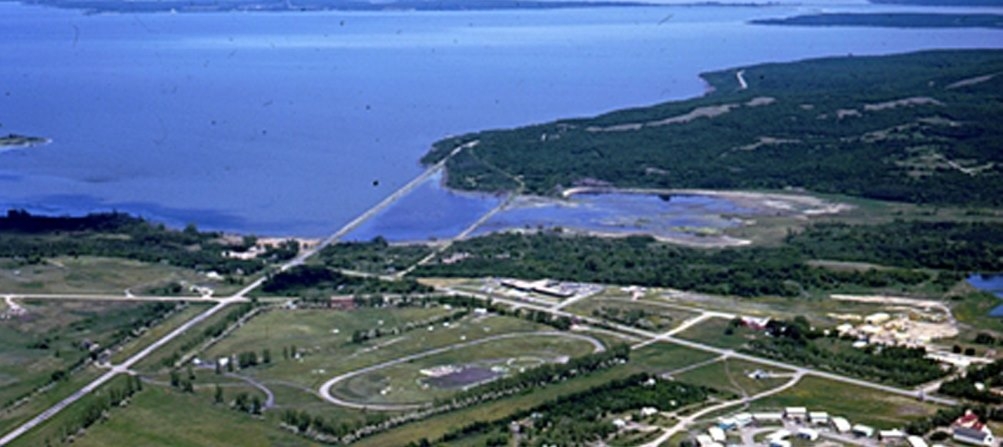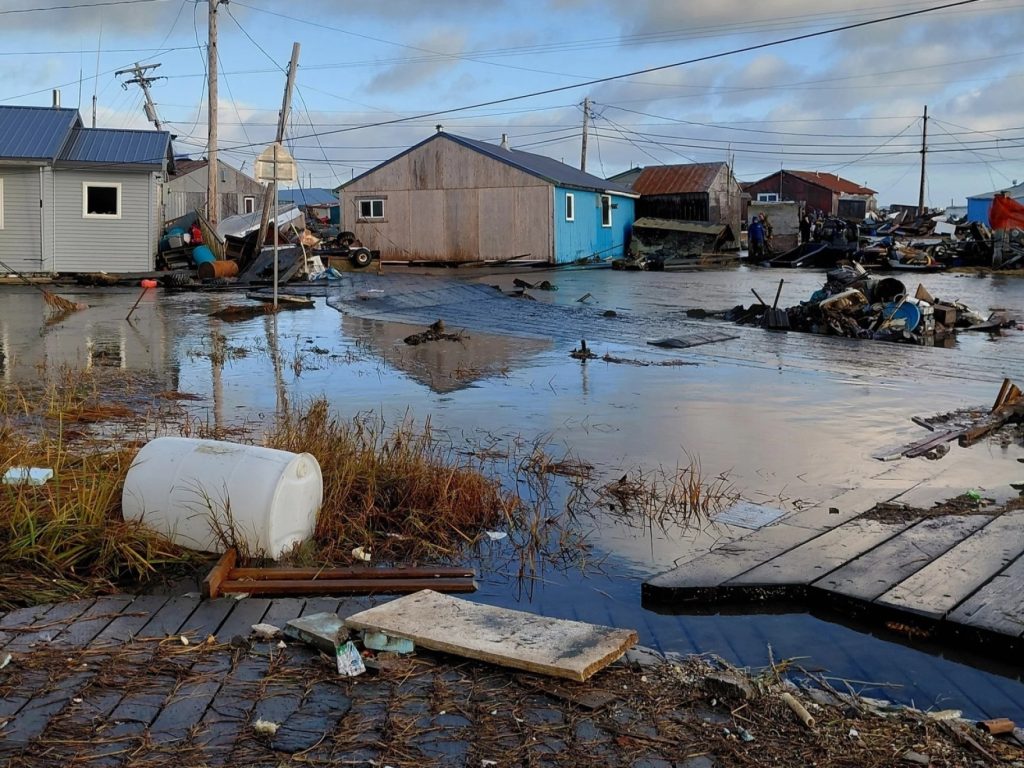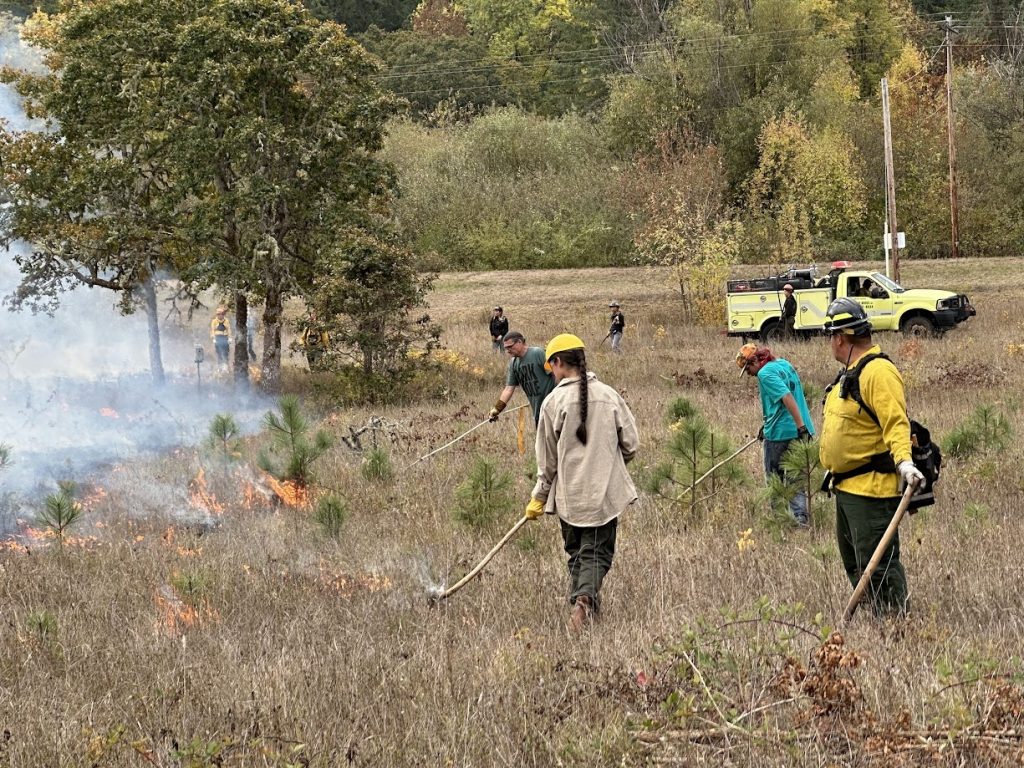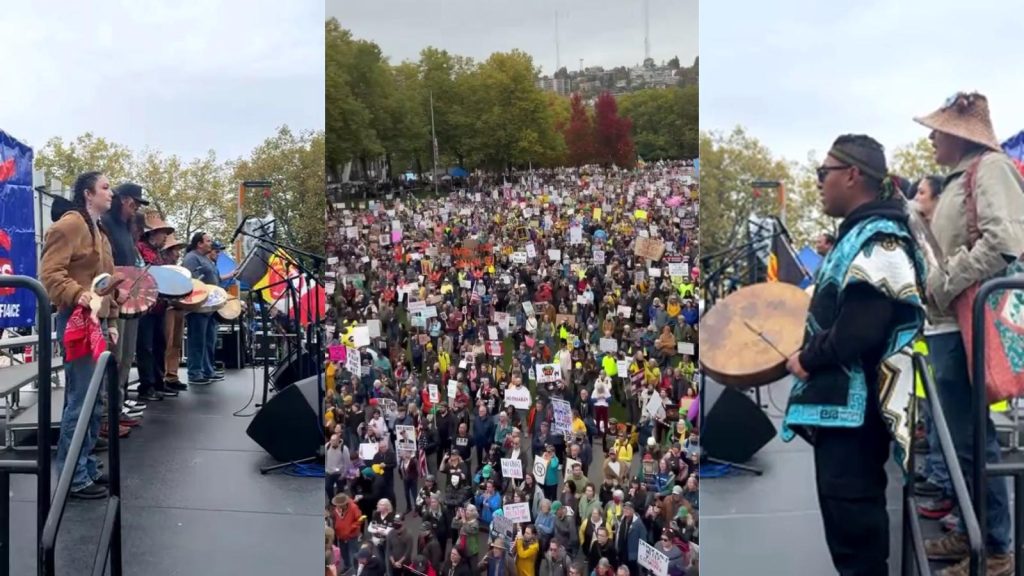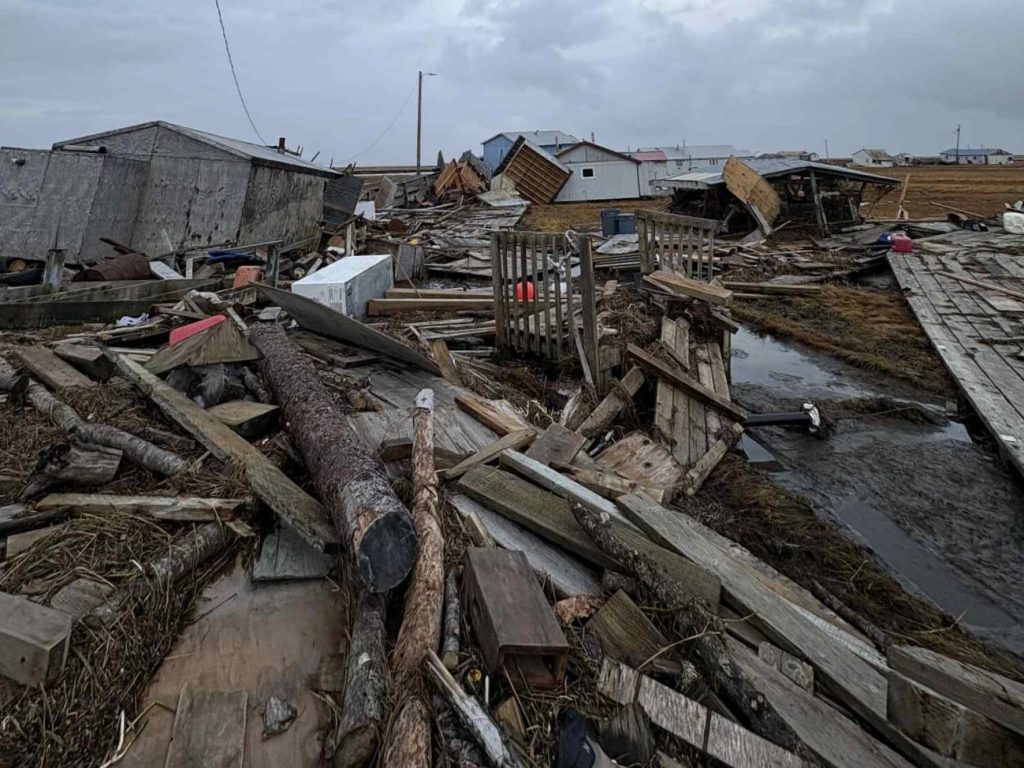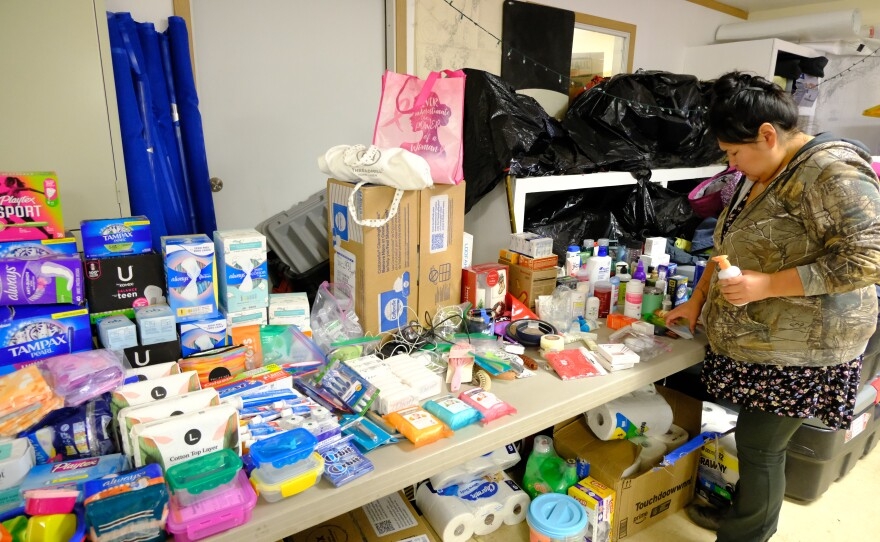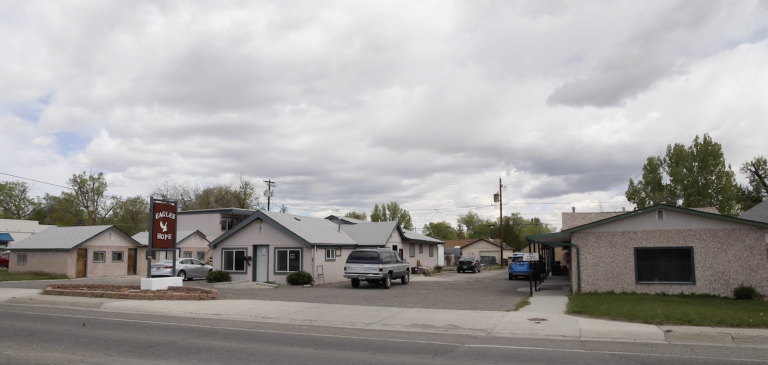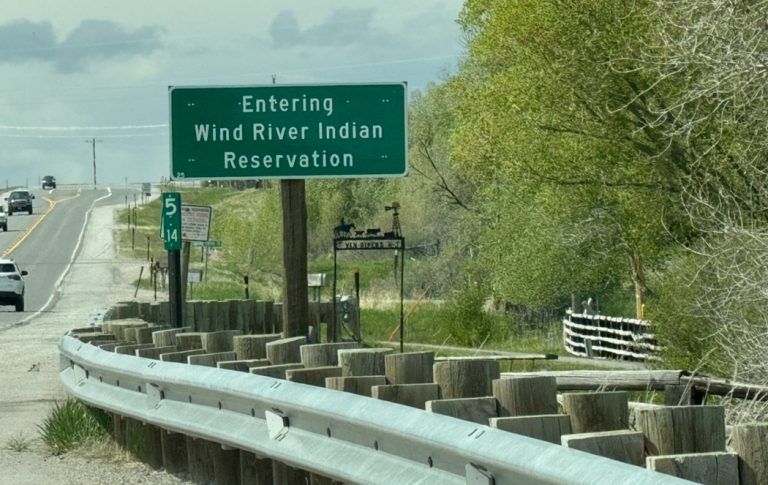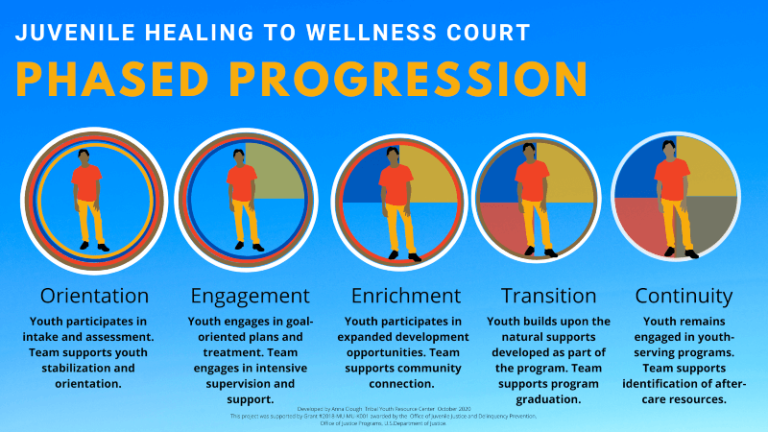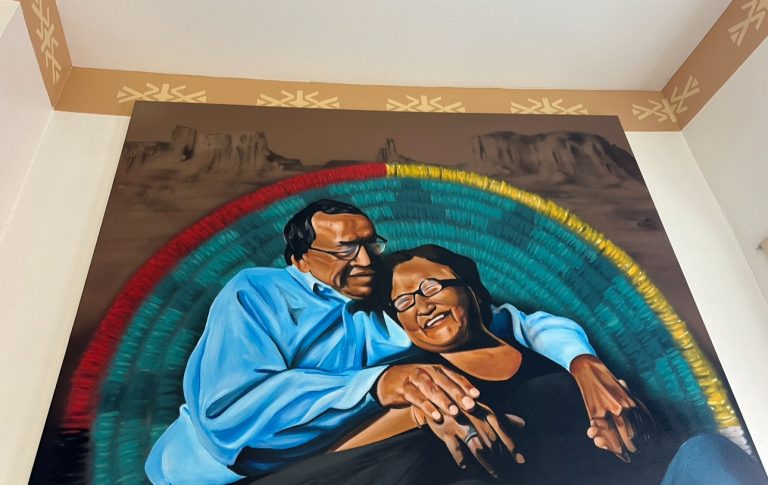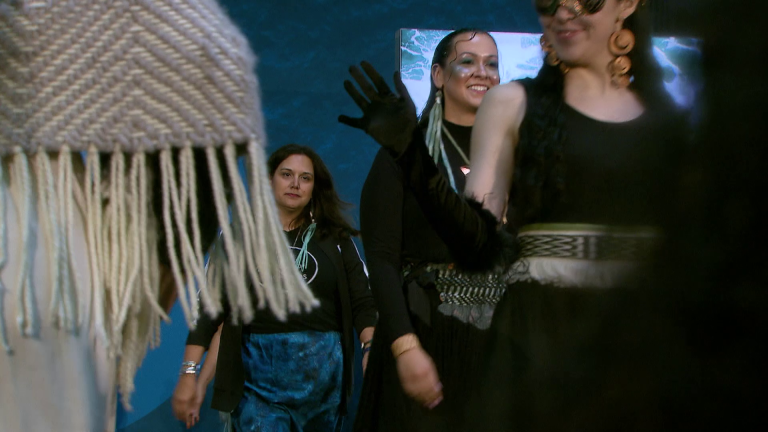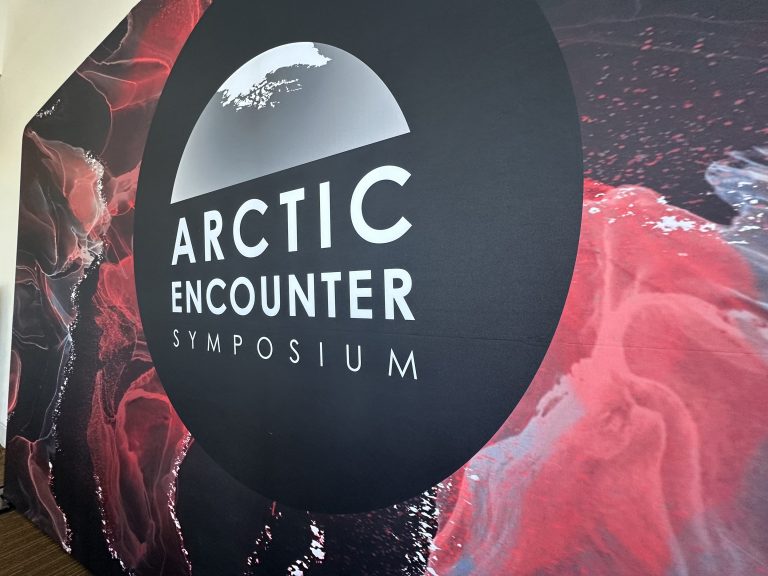Podcast: Play in new window | Download | Embed
The government shutdown is creating a lot of uncertainty and disruption for Native American and Alaska Native communities, and for tribal organizations that administer federal programs.
Liz Ruskin reports.
These include the Supplemental Nutrition Assistance Program (SNAP) for food assistance and the Low Income Home Energy Assistance Program (LIHEAP), which subsidizes energy bills.
Ben Mallott, president of the Alaska Federation of Natives (AFN), told the Senate Indian Affairs Committee Wednesday that the prospect that both of those programs would run out of money, just as winter begins, puts some Alaskans in a life-threatening bind.
“Without LIHEAP, without SNAP, our communities, our tribal citizens will have to decide between fuel and food.”
During the pandemic, the Federal Subsistence Board allowed emergency hunting to improve food security. Now, with the government shutdown, Mallott says the Subsistence Board can’t even meet.
More than 500 Indian land school districts are feeling financial stress, too.
Kerry Bird, president of the National Indian Education Association, says federal Impact Aid provides half the budget for some schools, and the shutdown is interrupting the flow.
“In South Dakota, Montana, and New Mexico, school districts are burning through reserves just to meet payroll.”
Bird says Head Start programs will run low on money if the shutdown extends into November.
Witnesses said many agency experts tribes normally turn to have lost their jobs.
Pete Upton testified about the Trump administration’s plan to abolish a fund at the Treasury Department called the Community Development Financial Institutions (CDFI) Fund.
Upton runs the Native CDFI Network. He says tribal communities are often in banking deserts.
“Native CDFIs are typically the only financial institutions serving these communities, providing access to capital, credit and financial education where no alternative exists.”
Early in the shutdown, the Treasury Department fired the entire staff of the CDFI Fund.
With no one at the federal office to certify the CDFIs, Upton says it’s hard for the community finance organizations to attract private-sector investment.
U.S. Sen. Lisa Murkowski (R-AK), chair of the Indian Affairs Committee, says tribes face enormous uncertainty as the stalemate in Congress nears the one-month mark.
“We can’t figure out the path forward right now on our spending bills, although I am a little bit more optimistic on that today.”
She didn’t elaborate, but said earlier this week that senators are engaged in productive talks.

Former Acting Attorney General Colin Bradley of the Navajo Nation during his failed confirmation vote in Window Rock, Ariz. on October 22, 2025. (Courtesy Navajo Nation Council)
The Navajo Nation has had four attorneys general in less than a year.
And as KJZZ’s Gabriel Pietrorazio reports, one of them returns to that office amid a politically tense time in Window Rock, Ariz.
Colin Bradley was acting attorney general for less than three months, but the Navajo Nation Council wouldn’t confirm him, forcing President Buu Nygren to yet again tap his own chief of staff, Kris Beecher, who spoke about his goals for the role.
“My hope is to bring that stability for the rest of the administration and allow the Department of Justice to have one last leader for the end of this term.”
Bradley penned a pair of opinions tackling decades-old Diné legal disputes.
One ruled that blood quantum – a controversial way to determine tribal membership – violates the Navajo Bill of Rights.
He also deemed the Diné Marriage Act discriminatory and to immediately repeal it. That 2005 law bars recognition of same-sex marriage, but there is a debate whether his writings are null and void.
As for Beecher…
“There’s long-standing precedent that any of the opinions that you wish still stand.”
Unless undone by the sitting Attorney General.
Get National Native News delivered to your inbox daily. Sign up for our daily newsletter today.
Check out the latest episode of Native America Calling

